QtMoko
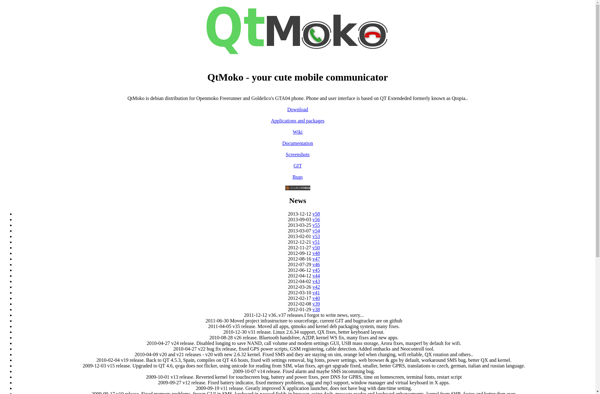
QtMoko: Linux Distribution for Mobile Phones
QtMoko is a distribution of Linux designed for mobile phones and devices, using the Qt cross-platform application framework and development tools, providing an optimized touchscreen user interface for embedded devices with low memory and power requirements.
What is QtMoko?
QtMoko is a Linux-based open source platform distribution designed specifically for mobile phones and other mobile devices. It utilizes the Qt cross-platform application framework and development tools originally created by Trolltech (now part of Digia).
The goal of the QtMoko project is to provide a touchscreen-friendly and intuitive user interface and application environment that is optimized for embedded devices with limited memory, storage, and processing power. It enables developers to create custom applications and UIs tailored for mobile devices.
Some of the key features of QtMoko include:
- Touchscreen interface designed for finger-based input
- Widget-based UI framework based on Qt
- Support for phones and other embedded mobile devices
- Low memory and power requirements
- Ability to leverage Qt tools and libraries for development
- Application launcher and manager
- Optimized for ARM processors
QtMoko makes an effort to provide an interface consistent with most desktop Linux distributions while adapting it for the unique constraints of mobile. It aims to give developers flexibility to build mobile Linux distributions customized for specific device hardware platforms.
While development activity on QtMoko itself has slowed in recent years, its touch-friendly UI innovations and lightweight foundations influenced later mobile projects like the Mer Project, Mozilla's Firefox OS, and the Plasma Active touch interface for mobile devices.
QtMoko Features
Features
- Qt application framework
- Touchscreen user interface
- Optimized for embedded devices
- Low memory and power requirements
- Enables custom mobile application development
Pricing
- Open Source
Pros
Cons
Official Links
Reviews & Ratings
Login to ReviewThe Best QtMoko Alternatives
Top Development and Mobile Development and other similar apps like QtMoko
Here are some alternatives to QtMoko:
Suggest an alternative ❐Android

Puppy Linux

Manjaro Linux

IodéOS
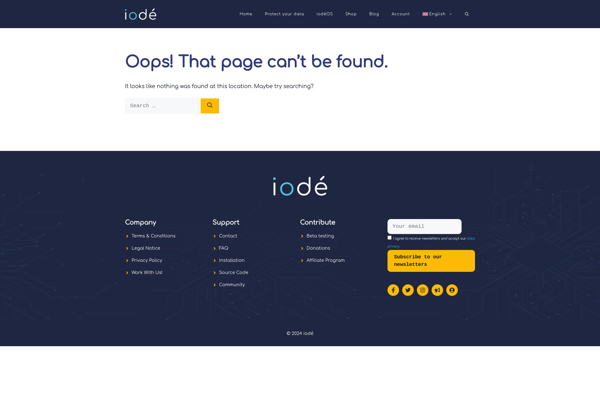
GhostBSD
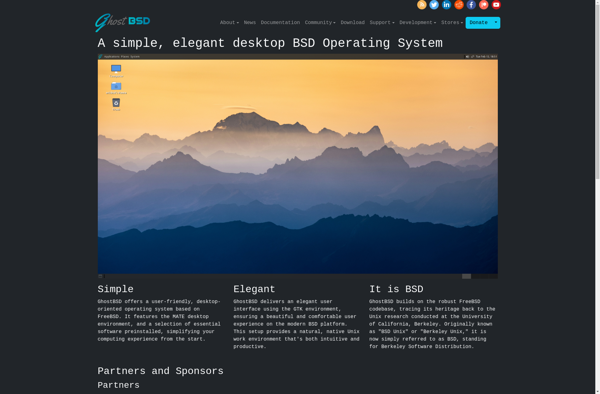
Garuda Linux
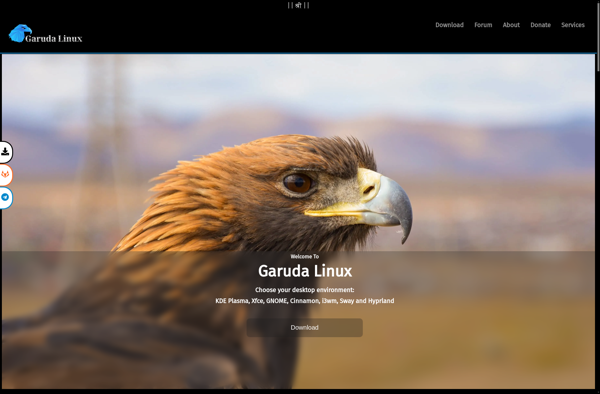
Tizen OS

Firefox OS
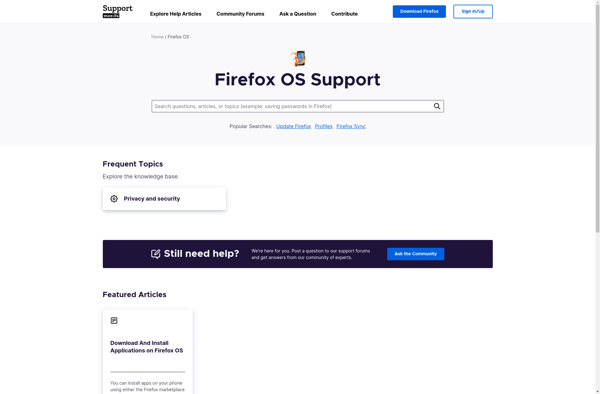
Slackware

Plasma Mobile
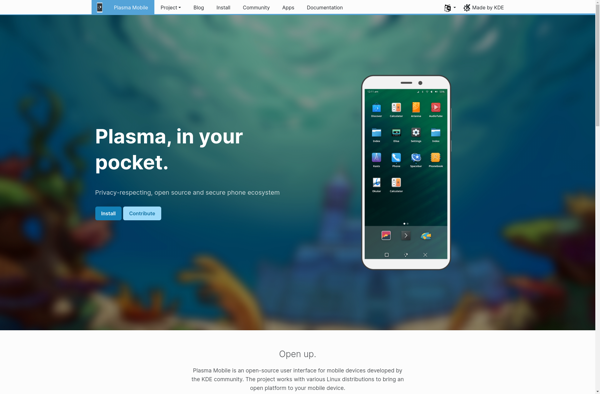
Ubuntu Budgie
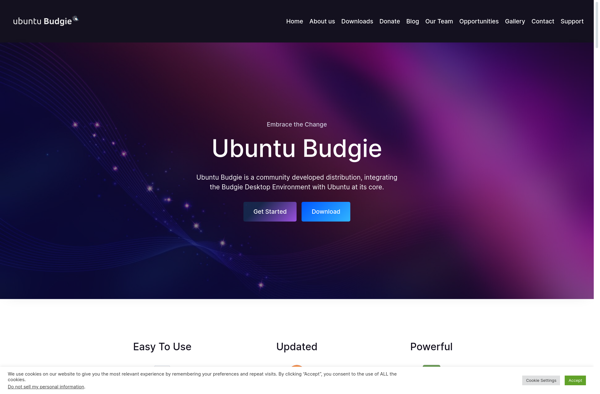
Ubuntu Phone
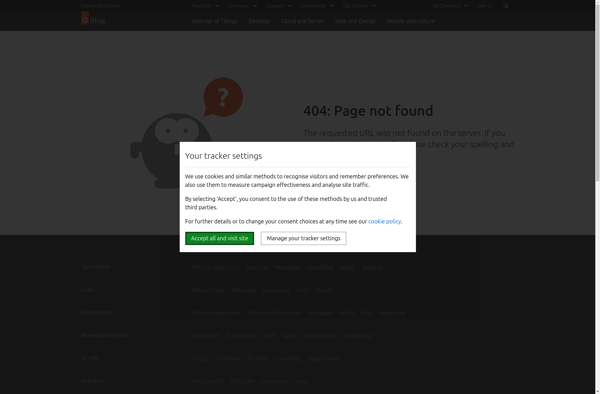
H5OS
Cyanogen OS

Maemo
